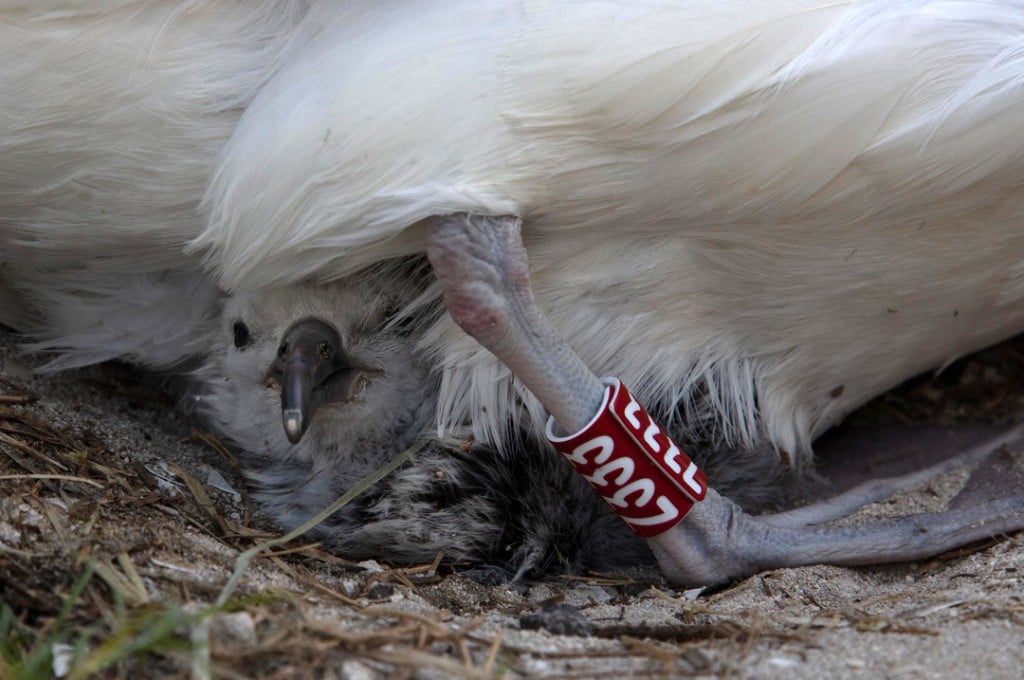Good News Headlines 4/29/2024

As an island nation whose territory is more than 99% ocean, we care deeply about protecting this vast, blue treasure,” says Albania Lawen, country coordinator for Parley Seychelles, whose hundreds of volunteers have carried out over 50 cleanups on various islands. Photo courtesy Parley Seychelles.
Seychelles Beach Cleanup Shows Potential For Citizens To Tackle Marine Trash
by Cristen Hemingway Jaynes, Eco Watch
More than 1,220 volunteers have cleaned up nearly 9.9 tons of marine litter from beaches in East Africa’s Seychelles islands, in what researchers called an impressive example of citizen science. The cleanup took place on 52 beaches across 10 island, a press release from University of Plymouth said. “This study, and the years of work that led to it, highlight the potential of citizen science and the positive impacts it can have. As an islander myself, I know how people living in the Seychelles rely on the ocean for every part of their lives. But because we are a collection of remote islands, there are challenges in managing waste and we also have to deal with large quantities of items coming from elsewhere,” said lead author of the study Alvania Lawen.
Canada Agrees 200 Islands Belong To The Indigenous Haida Nation
by Andy Corbley, Good News Network
In a historic “first-of-its-kind” agreement the government of British Colombia has acknowledged the aboriginal ownership of 200 islands off the west coast of Canada. The owners are the Haida nation, and rather than the Canadian government giving something to a First Nation, the agreement admits that the “Xhaaidlagha Gwaayaai” or the “islands at the end of world,” always belonged to them, a subtle yet powerful difference in the wording of First Nations negotiating. BC Premier David Eby called the treaty “long overdue” and once signed, will clear the way for half a million hectares (1.3 million acres) of land to be managed by the Haida.
An App Is Helping Those With Vision Loss Navigate Urban Transit
by Maylin Tu, Reasons To Be Cheerful
The decal of brightly colored blocks on a black background looks like something straight out of the classic arcade game Space Invaders. But the goal of these codes isn’t to zap aliens — it’s to help people who are blind or have low vision find their bus or train stop. As anyone who has ever boarded the bus going the wrong way can attest, wayfinding can be challenging for anyone, but people who have sight loss face special challenges. NaviLens, a tech company based in Murcia, Spain, has developed an app that uses codes posted at bus stops or in train stations to provide real-time navigation via audio and haptic (vibration) cues, directing the user from the elevator in a train station, for example, to a nearby bus stop.
UAW Wins Big At Volkswagen In Tennessee – Its First Victory At A Foreign-Owned Factory In The American South
by Bob Bussel, The Conversation
A decisive majority of the Volkswagen workers employed at a factory in Chattanooga, Tennessee cast their ballots in favor of joining the United Auto Workers union, the German automaker announced on April 19, 2024. Persuading any Southern autoworkers to join a union had long been one of the U.S. labor movement’s most enduring challenges, despite persistent efforts by the UAW to organize this workforce. To be sure, the UAW already has members employed by Ford and General Motors at facilities in Kentucky, Texas, Missouri and Mississippi. However, the union had previously tried and largely failed to organize workers at foreign-owned companies, including Volkswagen and Nissan, in Southern states.
Millions Of Birds Now Migrating Safely Through Darkened Texas Cities After Successful Lights Out Campaign
by Andy Corbley, Good News Network
Texas is in the middle of the most important migratory pathway for birds moving up and down the Americas—nearly 2 billion birds, or 1 out of 3 in the US, will pass over Texas during their spring and autumn migrations. To safeguard the over 400 species of birds that migrate through Texas, the Houston chapter of the Audubon Society and their partners in the state have been running the Lights Out! Texas campaign for two years, and they’re seeing remarkable results. With the prestige that owning and operating a skyscraper confers, maybe it’s surprising to note that dozens of building managers have been convinced since 2022 to turn off non-essential outdoor lights.










